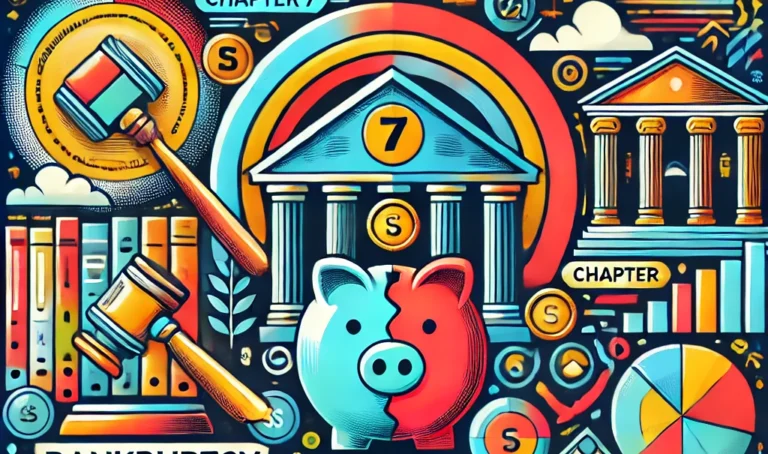When Should I File Bankruptcy? A Guide to Understanding Chapter 7 and Alternatives
Deciding when should I file bankruptcy is a deeply personal and financial decision that requires careful consideration. Filing for bankruptcy, particularly Chapter 7, can provide a fresh start, but it’s not without consequences. Let’s explore when bankruptcy might be the right step and answer common questions to guide you through the process.
How Can I Avoid Filing for Bankruptcy?
Before filing for bankruptcy, you may consider alternatives like debt consolidation, negotiating with creditors, or creating a strict repayment plan. Seeking advice from a financial counselor can help identify ways to manage debt without taking this significant step.
When Should You Consider Chapter 7?
Chapter 7 bankruptcy is ideal for individuals who have insurmountable unsecured debts, such as credit cards or medical bills, and limited income to cover payments. It’s often the best option when you cannot realistically repay your debts within five years.
What Not to Say in Bankruptcy Court?
In bankruptcy court, honesty is crucial. Avoid exaggerating your financial situation, hiding assets, or providing incomplete information. Any dishonesty can result in penalties or your case being dismissed.
How to Prepare for a Bankruptcy Filing?
To prepare, gather all financial documents, including bank statements, tax returns, and a list of assets and debts. Work closely with your preparer to ensure your paperwork is accurate and complete. Be ready to answer questions about your financial history honestly.
Can I Use My Credit Cards Before Filing Chapter 7?
Using credit cards before filing Chapter 7 can raise red flags. If you make significant purchases or cash advances shortly before filing, the court may view this as fraudulent behavior and require repayment.
Can I Keep My Car If I File Chapter 7?
Whether you can keep your car depends on its value and whether it qualifies for an exemption. In many cases, you can retain your vehicle if it is essential for work and falls below the exemption limit set by your state.
What Would Disqualify You From Chapter 7?
You may be disqualified from Chapter 7 if your income is too high based on the means test, you have previously filed and received a discharge within the last eight years, or the court determines you attempted to defraud creditors.
Filing for bankruptcy is a significant decision, but understanding the process and your options ensures you make the best choice for your financial future. Seek professional advice and take the time to prepare thoroughly if you decide bankruptcy is the right path.
We the People are not lawyers and do not give legal advice. This article is a summary of the most common online searches.

